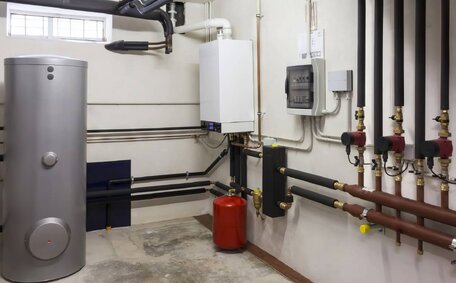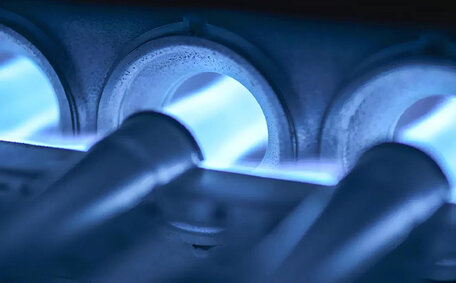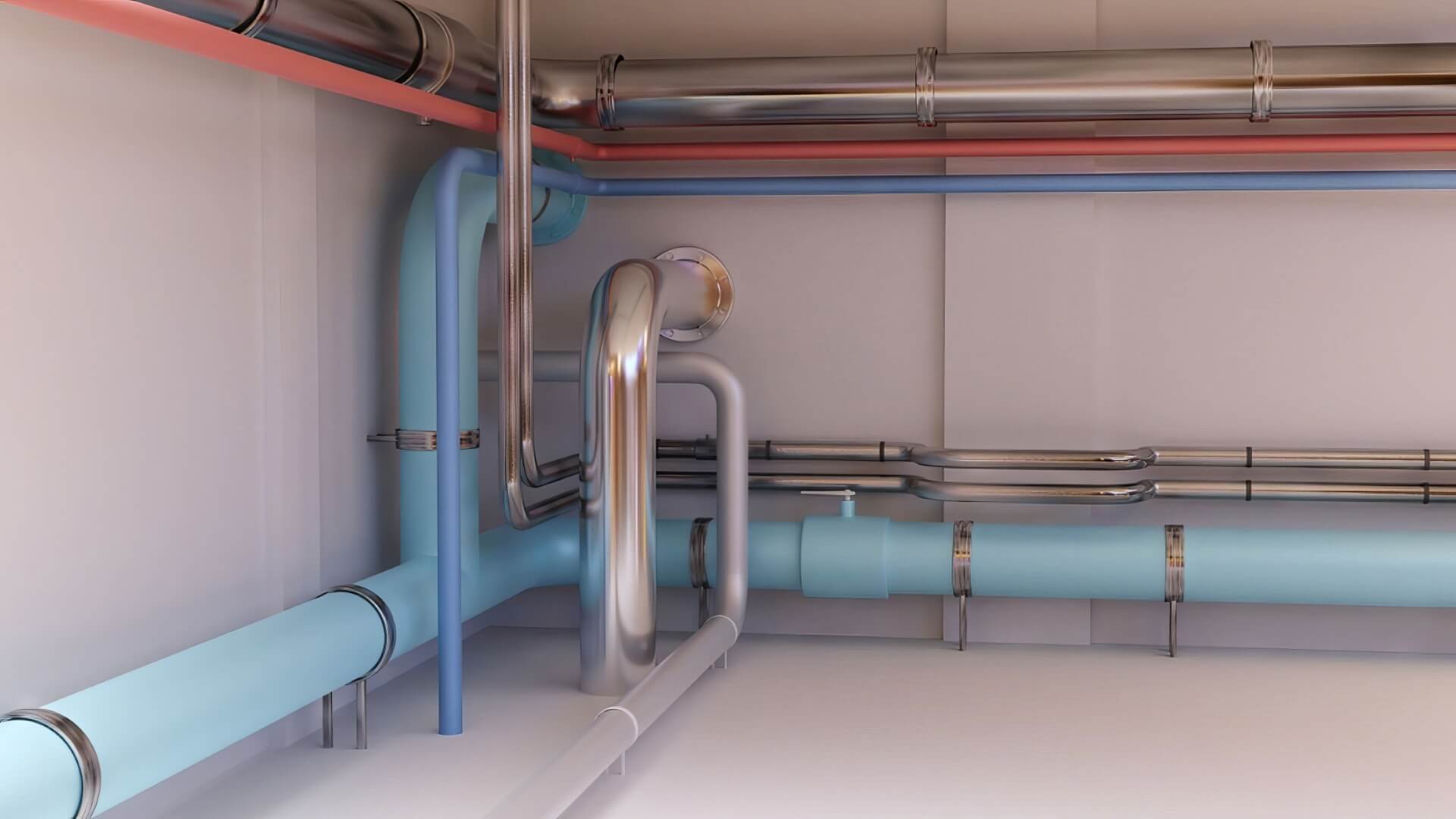Introduction to Cooking Habits and Their Impact on Drains
Many common kitchen behaviours can negatively impact drains and lead to expensive plumbing issues over time. This article will educate Bossley Park residents on how everyday cooking habits contribute to drain blockages and damage. Read on to discover the best way for responsibly disposing of food waste to keep your plumbing functioning properly.
We’ll explain why substances like oil, grease, and certain solids can clog pipes when washed down sinks or toilets. Understanding the relationship between what goes into your drain versus the capacity of drainage systems is key to avoiding problems.
You’ll also discover steps for clearing basic jams yourself using boiling water or baking soda.
By adjusting practices such as scraping plates, local households can reduce the amount of waste going down the drain, thereby lessening the risk of obstructions. We’ll share advice tailored for your food production facility as well. Adhere to our guidance to maintain a debris-free kitchen and sewer line in Bossley Park.
How Fats, Oils and Grease Accumulate and Clog Drains Over Time
Fats, oils, and grease are a common cause of drain clogs and plumbing issues in Bossley Park homes and businesses. When poured down sink drains, these substances congeal, cool, and accumulate along pipe interiors over time. Layers that build up make it more difficult for water to flow by narrowing the drain pipe.
Eventually, More than just a clog, the infamous 'fatberg’ is a substantial risk drains can experience. One example is a 17-tonne mass that once blocked the Sydney sewer system. Fatbergs are challenging to break up and remove.
Fats stick to pipes as they harden while cooling. Oils leave residue and collect debris when washed down sink. Grease fat from meat drippings, sauces, and dairy products solidifies as temperatures drop in drain pipes.
To prevent clogs, seal fats and oils in a container after cooking and dispose of it in the rubbish. Never wash remains down drain passageways or down toilet. Adjust food prep habits to ensure you never pour grease down into your pipes.
Beyond Grease: Food Wastes and Other Substances That Can Clog Drains
Many food scraps washed down sink can make a clog over time. Fruit and vegetable peels, eggshells, rice, pasta, seeds, and bones don’t break down easily in pipes.
Food processing facilities in Bossley Park face higher risks as large volumes of waste enter drains daily. Even with wider commercial drain openings, particles such as food scraps and debris accumulate.
Other problematic items include:
- Excess paper products like paper towels or tissues
- Hair buildup from washing or grooming
- Thick sauces or batter with high starch/gluten contents
- Coffee grounds
- Tea leaves
Though organic, Regular cleaning is essential to prevent these materials from collecting with fats and oils. As drainage openings narrow, the likelihood of obstructions rises.
Avoid flushing anything beyond human waste and toilet paper. We recommend scraping plates instead of rinsing remnants down your sink to remove leftover food first. We recommend placing drain screens to catch particles while you wash your hands or dishes down sinks.
For commercial operations with large food waste volumes, Installing a proper disposal system, which may include a grate cover, is the most effective method for preventing issues. if you require help selecting suitable drainage products in Bossley Park, contact our team.
Certain Cooking Activities Put Extra Strain on Pipes
Some common kitchen activities place substantial strain on drainage systems over time. Understanding key risks allows Bossley Park households and businesses to adjust behaviours for optimal plumbing health.
Tasks involving heavy use of water can overwhelm and lead to blocked drains over time. Boiling pasta, blanching vegetables, or washing large stacks of dishes sends high volumes of water down your drains. Scrape and wipe dishes prior to rinsing to reduce debris that can still cause blockages when flushed.
Deep frying with large volumes of oil can lead to significant plumbing problems. Allowing thick batters, oil, or grease to wash down drains coats pipe interiors. Particles accumulate and drain openings narrow. Only wash utensils or pans coated in small amounts of cooled oil, as excess can congeal and your drain can suffer over time.
Avoid dispensing boiling liquids directly into sinks as components in soups or stocks may not be easily broken down. Avoid pouring boiling water down directly into drains, and allow liquids to cool in a separate container first.
Be mindful when using garbage disposals as overuse strains systems further. Only process small amounts of soft foods, Use the garbage disposal cautiously, never overloading it while cleaning up and avoid items that ought to be flushed.
With some adjustment of cooking habits in Bossley Park kitchens, households can keep drains free of obstructions and damage while supporting plumbing integrity.
Proper Disposal Methods for Kitchen Byproducts
Responsibly managing food byproducts in Bossley Park kitchens is key to avoiding a blocked drain catastrophe. Allow fats, oils and grease to fully cool and harden before scooping into lidded jars or cans and placing in the rubbish. Never wash grease down drains.
Your food production facility must invest in professional disposal systems, including floor drains, to handle large waste volumes. Bossley Park establishments should consider when managing waste the consequences of improper dumping, as fines can reach up to $8,000 in NSW. Consider installing screen filters, oil collection tanks, or connect to municipal oil recycling services.
Compost your food scraps like fruit and vegetable peels to reduce landfill contributions and reuse their nutrients in gardens. Place eggshells, coffee grounds, and tea leaves in compost bins as well.
When there are non-compostable items like paper towels, set up separate waste receptacles near sinks to discourage pouring down drains. Provide staff training on proper disposal methods.
With attentive waste management procedures in place, Bossley Park kitchens can operate smoothly without overburdening drainage systems. Contact Bossley Park Plumbing if you need assistance setting up effective infrastructure and practises tailored to your space.
Best Practices to Maintain Drain Health
To keep drains functioning properly and prevent plumbing issues, Bossley Park households can adopt several best practises after they wash their dishes.
Use Drain Screens
Install stainless steel sink drain screens, effective tools equipment, to catch food scraps, particles, hair, and other debris that could lead to clogs or damage. Screens trap solid materials, allowing water to pass through the drain freely.
Collect Fat/Oil Waste
As previously mentioned, fats, oils, and grease ensure your pipes require diligent attention to prevent major blockages. Ensure the principles of safety and sanitation are upheld by not washing fat down, allowing it to cool and harden before disposal.
Flush Responsibly
Avoid flushing anything beyond human waste and toilet paper. Food remnants, chemicals, and foreign objects like paper towels are amongst the culprits that cause blocked drains.
Adjust Food Prep Habits
Scrape plates and wipe dishes before rinsing to significantly reduce food particles entering drains. Compost appropriate waste instead of using the garbage disposal excessively.
Practise Moderation
When washing dishes or cooking, use only as much water as needed to minimise the potential for drainage problems. Sending too much boiling water down drain strains pipes unnecessarily. Allow hot liquids to cool before introducing them gently into your drainage system.
Instilling these simple, sustainable habits will maintain a clean, hygienic plumbing system for the long haul. Contact Bossley Park Plumbing anytime for advice tailored to your household or commercial kitchen.
Common Misconceptions About Sink Waste Management
Many Bossley Park residents hold misconceptions about the most common proper sink waste management. Common myths often lead to one most common behaviours that risk drain blockages and plumbing issues.
Hot Water Clears Clogs
While boiling water can melt some fats or loosen minor jams, it solidifies grease, becoming one most troublesome challenges. As temperatures cool down pipes, grease clumps worsen obstructions.
When cleaning, ensure there no dangerous reactions by steering clear of harsh chemical cleaners. Avoid these methods.
Garbage Disposals Fully Break Down Waste
Disposals only shred solids into smaller pieces. Particles can easily accumulate in drains gradually, potentially causing blocked pathways over time. Use disposals sparingly and rely more on composting food scraps when possible.
Any Drain Size Accommodates All Waste
Commercial sinks equipped with a slot drain channel handle higher volumes but remain vulnerable to fat/debris accumulation over time. Without proper disposal systems, large food processing operations face substantial risks despite wider pipes.
Adjust habits, install screens and collectors, and compost instead of assuming drains accommodate unlimited waste. Contact our team anytime to discuss Bossley Park drainage solutions.
Consequences of Negligent Cooking Habits on Plumbing
Careless cooking and cleaning behaviours take a major toll on plumbing systems over time. Bossley Park households that improperly dispose of fats, oils, grease, and food waste down sinks or toilets face expensive consequences.
Drain clogs require professional clearing at an average cost of $220 per hour in plumber fees. Significant blockages like fatbergs emerging in main sewer lines may demand excavation and replacement of entire sections.
If neglected drains go unaddressed, backups can flood properties with raw sewage, causing interior damage and exposing residents to serious health hazards from contamination.
Commercial kitchens in Bossley Park that allow staff to dump large volumes of oil or debris down drains increase risk of significant plumbing issues. Repairing overwhelm facilities can total over $20,000 and lead to temporary business suspensions.
By modifying everyday cooking and cleaning habits to manage food byproducts responsibly, local homes and establishments minimise risk of emergency plumbing disasters in the future.
Contact Bossley Park Plumbing to evaluate your current kitchen drainage capacities. We can advise modifications to support safety and integrity while avoiding the headaches of clogs or sewage backups.
Eco-Friendly Cooking Habits to Protect Drains
Adopting eco-friendly cooking habits supports drain health while benefiting the Bossley Park community and environment.
Compost Food Scraps
Compost fruit and vegetable peels, eggshells, coffee grounds, and other food waste rather than sending particles down drains. Compost nourishes gardens without overburdening landfills.
Collect and Recycle Oil
Allow used cooking oil to fully solidify in a lidded jar before recycling responsibly. Small oil amounts accumulate over time, so recycling protects sewers.
Install Drain Screens
Affordable drain screens work well to trap food scraps and debris, preventing drain damage and blockages. Screens are reusable and make it easier to clean by trapping food scraps and other debris.
Use Less Water
Excess water from boiling pasta or rinsing dishes strains pipes. Reduce use and allow hot water to fully cool before draining to avoid temperature shocks.
Scraping plates and wiping dishes before rinsing keeps food particles out of drains. Small changes make a substantial difference over time.
Making Bossley Park kitchens greener protects residential plumbing and the local watershed. Contact our team for tailored advice on upgrading your drainage and meeting sustainability goals.






